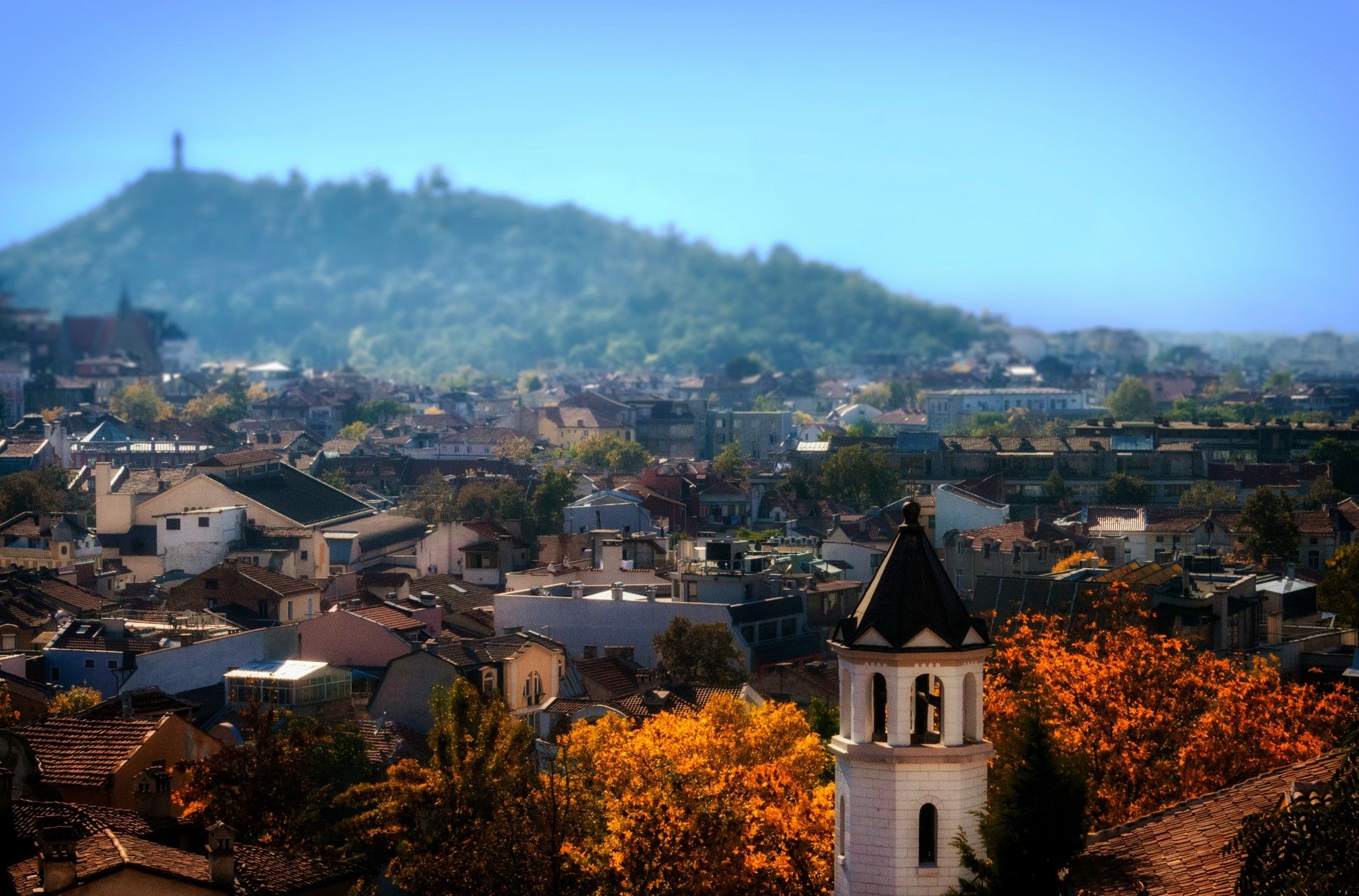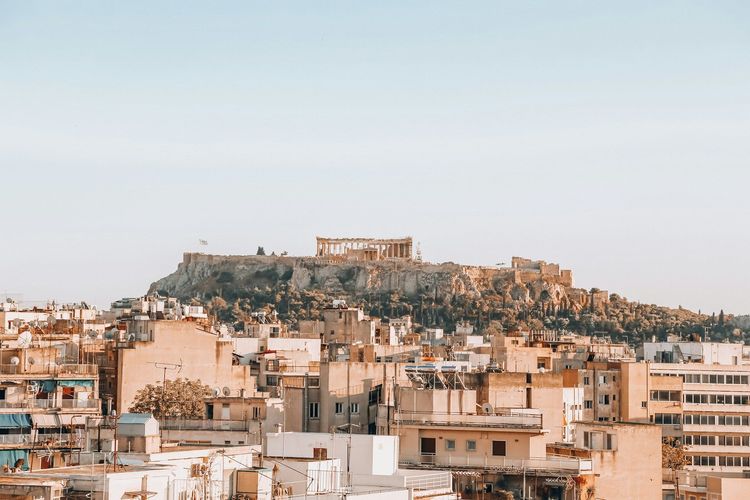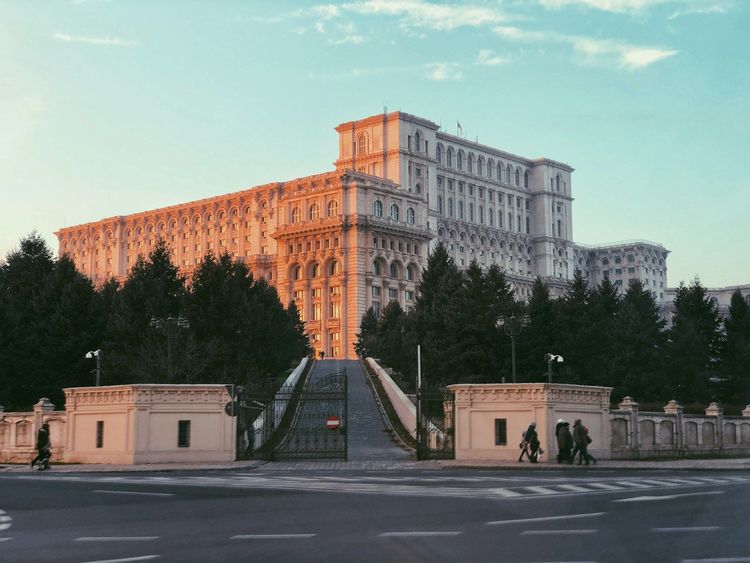Bulgaria, with its warm sea, picturesque mountains, rich history, and hospitable people, is increasingly attracting the attention of foreigners not only as a tourist destination but also as a potential place to live. However, like any country, it has its unique features, advantages, and challenges. Let's delve into the details of life in Bulgaria, examining key aspects: from prices and healthcare to education and ecology.
Cost of Living in Bulgaria
One of the most significant advantages of living in Bulgaria is the relatively low cost of living compared to most countries in Western and Northern Europe. This applies to almost all areas of life.
Housing
Rent: Prices vary greatly depending on the city, neighborhood, and condition of the property. In Sofia (the capital), renting a one-bedroom apartment in a residential area can start from €350–450, while in the city center, prices range from €500–700 and up. In other major cities (Plovdiv, Varna, Burgas), prices are typically 15–30% lower. In small towns and rural areas, options can be found for €150–250. A two-bedroom apartment in Sofia costs €500–800+, while in other cities, it's €350–600.
Purchase: Real estate prices are also significantly lower than the European average. An apartment in a new building in a good area of Sofia can cost from €1,000–1,500 per sq.m, while older properties are cheaper. In coastal cities (Varna, Burgas), prices for new buildings near the sea can reach €1,500–2,500 per sq.m, but drop further inland. In small towns and villages, housing can be found at very attractive prices (from €300–500 per sq.m).
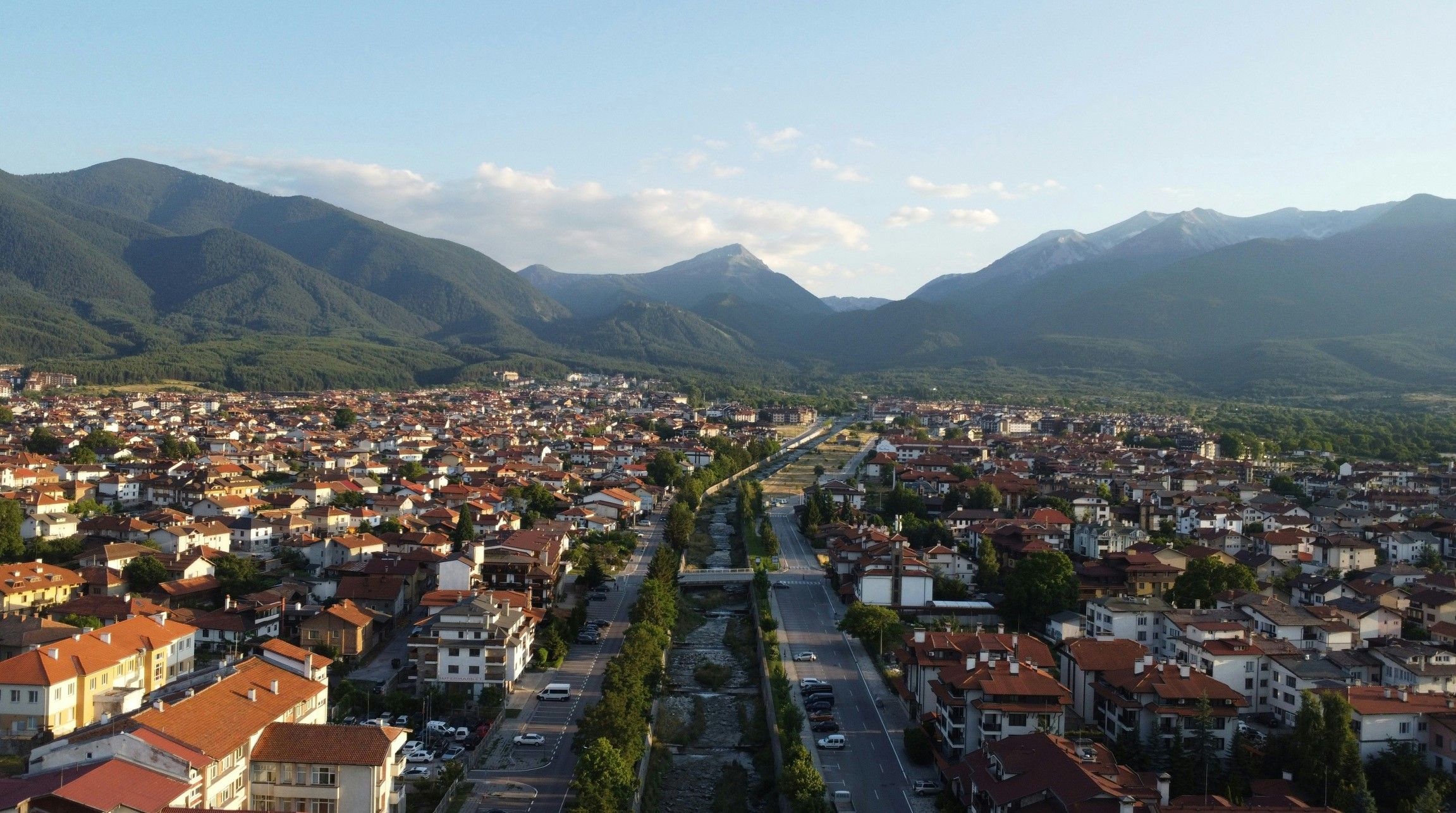
Groceries
Local products (vegetables, fruits, dairy, bread) are very affordable in season. Markets and small shops often offer better prices than large chains.
Approximate prices:
- Milk (1 liter): 1.50–2.20 BGN (€0.75–1.10)
- Bread (loaf): 1.50–2.50 BGN (€0.75–1.25)
- Eggs (10 pcs): 3.00–4.50 BGN (€1.50–2.25)
- Chicken breast (1 kg): 10–14 BGN (€5–7)
- Potatoes (1 kg): 1.00–2.00 BGN (€0.50–1.00)
- Apples (1 kg): 1.50–3.00 BGN (€0.75–1.50)
- Bottle of local wine: 8–15 BGN (€4–7.50)
Imported goods and delicacies are more expensive but still cheaper than in the West. A lunch at an inexpensive café costs 10–15 BGN (€5–7.50), while a dinner at a mid-range restaurant costs 25–50 BGN (€12.50–25) with a drink.
Transportation
Public transport: Very cheap in cities. A single ticket in Sofia costs 2 BGN (€1), while a monthly pass is 50 BGN (€25). In other cities, prices are even lower. Intercity buses (the main mode of long-distance travel) are also affordable: a trip from Sofia to Varna (about 500 km) costs 30–45 BGN (€15–22.50).
Taxis: The starting fare is around 1 BGN (€0.50), with a per-kilometer rate of 0.70–1.20 BGN (€0.35–0.60). A ride within the city rarely exceeds 10–15 BGN (€5–7.50). It's recommended to use apps (TaxiMe, OK Supertrans) for fixed fares.
Gasoline: Prices fluctuate but usually range from 2.50–2.80 BGN per liter (€1.25–1.40) for A95. Owning a car requires insurance (comprehensive and liability), inspections, and parking (especially in central Sofia)—additional expenses beyond fuel.
Healthcare Quality and Accessibility
Bulgaria's healthcare system is a mix of public and private sectors, with overall assessments often mixed.
Public healthcare is funded through mandatory insurance contributions (about 8% of salary). Theoretically, it's free for insured individuals (those working or paying voluntary contributions). However, in practice, the system faces chronic issues: underfunding, outdated equipment in many regional hospitals, low staff salaries leading to informal payments ("gratitudes") for better treatment or faster service, and long wait times for specialized exams and planned surgeries. Service quality varies greatly between institutions and cities. In large cities and university hospitals, standards are higher.
Private healthcare is growing rapidly, especially in Sofia and major cities. It offers modern equipment, comfortable conditions, no wait times, and often doctors who also practice in public hospitals. Services are paid, but prices are much lower than in Western Europe. A specialist consultation costs 40–80 BGN (€20–40), while an ultrasound costs 50–100 BGN (€25–50). Many foreigners and affluent Bulgarians prefer private clinics for everyday needs, keeping public insurance for emergencies or complex cases.
Foreigners with residency permits must register in the healthcare system and pay monthly contributions (about 40–50 BGN / €20–25 per month), granting access to public healthcare under the same conditions as citizens. However, language barriers (especially outside major cities) and system quirks can pose challenges. Quality private health insurance is highly recommended for comfort and broader coverage. Emergency care is provided to everyone, including tourists.
Key features of Bulgarian healthcare:
- Gap between public and private sectors in equipment and service speed.
- Prevalence of informal payments ("gratitudes") in the public sector.
- Relatively high training level of many doctors, especially specialists in large centers.
- Affordable private sector prices by European standards.
- Language barrier (Bulgarian) in public institutions; private clinics often have English-speaking staff.
Education: From Kindergarten to University
Bulgaria's education system includes preschool, school (primary and secondary), and higher education.
-
Kindergartens: There are public (very affordable but often with shortages, especially in big cities) and private (more expensive but with diverse programs, sometimes in foreign languages). Language barriers may be an issue in public kindergartens.
-
School education (grades 1–12): Mandatory until age 16. Public schools are free, with instruction in Bulgarian. Quality varies, with the best schools usually in large cities and specialized gymnasiums. Private schools (including international ones like the American College of Sofia, British School of Sofia, and French Lycée) offer international programs (IB, A-Levels, baccalaureate) in English or other languages. Tuition is expensive (several thousand euros per year).
-
Higher education: Bulgaria has public and private universities. Public universities offer Bulgarian-language programs for citizens and foreigners who complete language training, often at reduced or no cost (competitive admission). Many public and private universities offer programs in English, French, or German (especially in medicine, dentistry, engineering, business, IT) for international students. Tuition in foreign languages is paid but usually cheaper than in Western Europe or the US (€2,000–8,000+ per year depending on the institution and program). Degrees from Bulgarian public universities are recognized in the EU.
-
For foreign children: The best options are often international schools (if finances allow) or intensive Bulgarian language courses for public school admission. Large cities have schools with support classes for foreign children. Universities actively attract foreigners with English-language programs.
Infrastructure and Ecology: Contrasts and Potential
Major cities (Sofia, Plovdiv, Varna) have well-developed public transport (buses, trolleys, metro and trams in Sofia). The road network is constantly being upgraded, with major highways (Trakia, Hemus, Struma, Maritsa) meeting good standards. However, secondary roads, especially in rural and mountainous areas, may be in poor condition. Rail transport exists but trains are often slow and outdated, though gradual modernization is underway.
In cities, central heating, water supply, and sewage systems are usually functional. In older buildings, heating systems may be inefficient or prone to disruptions. Rural areas often rely on individual solutions (stoves, boilers, wells, septic tanks). Broadband internet is available in most cities and many villages, with generally good speed and reliability. Mobile coverage is nearly nationwide.
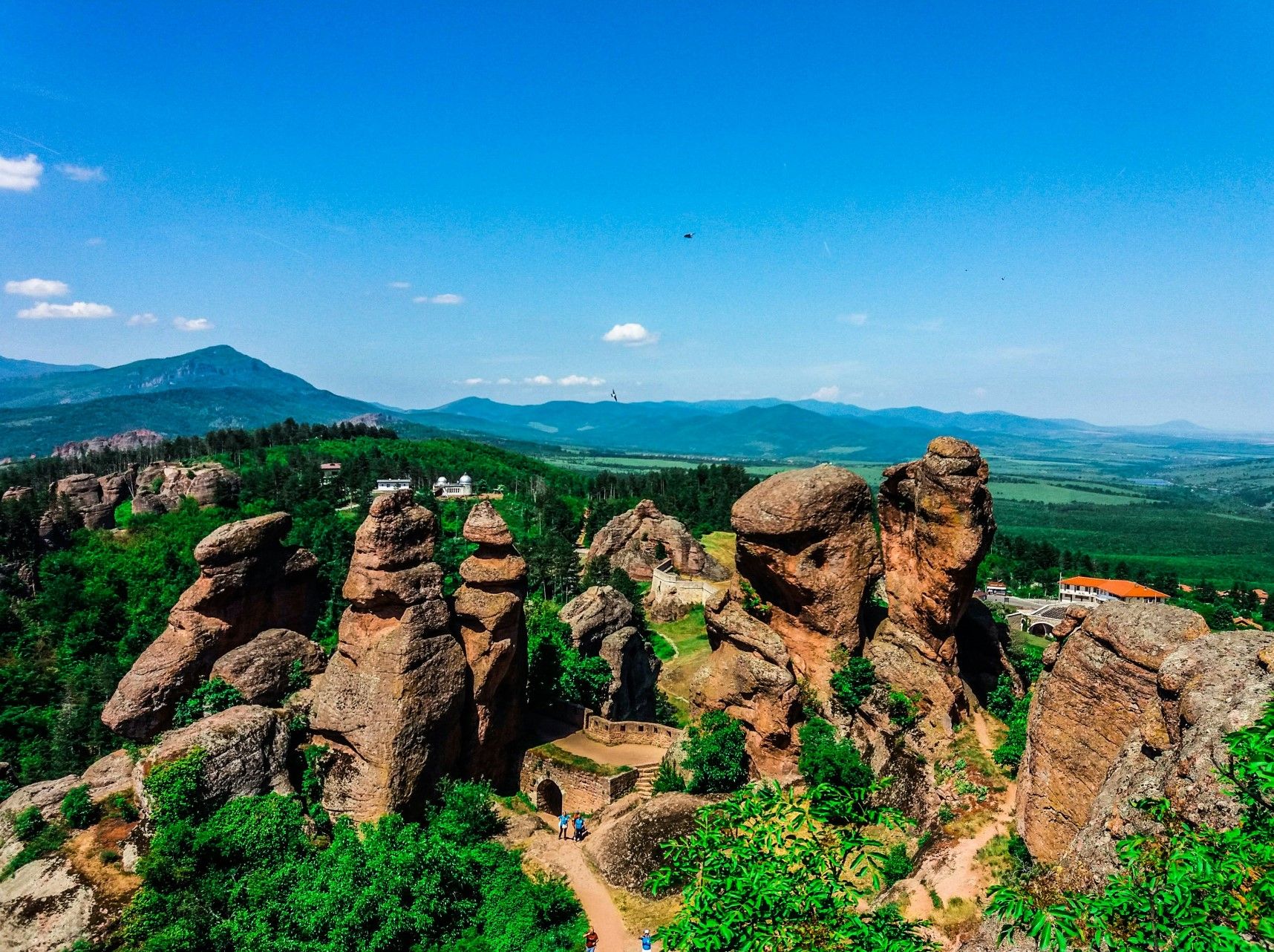
Bulgaria boasts stunning natural diversity: mountains (Rila, Pirin, Rhodopes), forests, the Danube, and the Black Sea coast. There are national parks and reserves. However, serious environmental issues persist:
- Air pollution: In winter, smog becomes a major problem in large cities (especially Sofia, located in a basin) and some industrial centers (Pernik, Dimitrovgrad) due to coal and wood heating, as well as vehicle emissions.
- Water quality: While tap water in cities usually meets standards, the quality of rivers and especially the Black Sea near major resorts and ports during peak season concerns environmentalists.
- Wastewater treatment issues.
- Illegal dumpsites: Combating illegal dumps, especially in rural areas and city outskirts, remains a pressing issue.
- Biodiversity conservation: Efforts are underway, but poaching and illegal logging are problems.
Pros and Cons of Living in Bulgaria
As elsewhere, life in Bulgaria has undeniable advantages and certain drawbacks. Let's examine the main pros and cons.
Pros:
- Low cost of living: The biggest draw for many. Housing, utilities, groceries, dining out, and services (including private healthcare) are significantly cheaper than in Western Europe.
- Climate: Four distinct seasons. Warm, sunny summers (perfect for the sea), beautiful autumns, snowy winters (for skiing), and blooming springs. Plenty of sunny days.
- Nature and geography: Unique combination of sea (378 km of Black Sea coast) and mountains (hiking, climbing, skiing). Numerous mineral springs and spa resorts. Rich flora and fauna.
- Culture and history: A wealth of heritage (Thracians, Romans, Byzantium, Ottoman Empire), archaeological sites, medieval fortresses, monasteries, and traditional festivals. Unique folklore.
- Location: A convenient base for travel across Europe, the Balkans, and Turkey. Good transport links.
- Relatively straightforward residency programs: For financially independent individuals, investors, and entrepreneurs.
- Delicious and healthy cuisine: Abundance of fresh seasonal produce, quality dairy, famous wines and rakia.
- Friendly locals: Bulgarians are known for their hospitality and warmth toward guests.
Cons:
- Low income levels and economic struggles: Average wages and pensions are among the lowest in the EU, leading to many social issues.
- Corruption and bureaucracy: Remain serious problems affecting business, courts, administrative services, and healthcare. Processes are often slow and opaque.
- Issues in public systems: Healthcare (underfunding, wait times, "gratitudes"), education (unequal access to quality, outdated methods in some schools), infrastructure (road conditions, utilities in old buildings).
- Environmental problems: Air pollution in cities during winter, water quality in some regions, illegal dumps.
- Demographic crisis: Aging population, youth and skilled workers leaving for better pay abroad.
- Language barrier: Bulgarian (Cyrillic, Slavic language) is difficult to learn. Outside tourist areas and big cities, English is uncommon, especially among older generations.
- Subjective sense of insecurity: While violent crime is rare, petty theft, pickpocketing (especially in tourist areas and public transport), and police inefficiency leave some feeling unprotected.
Life in Bulgaria is a choice for a slower pace, proximity to nature, rich culture, and financial affordability. The country charms with its beauty, climate, and hospitality. However, it's important to realistically assess the challenges: relatively low incomes, persistent corruption and bureaucracy, uneven public service quality, and environmental issues. For foreigners, successful integration hinges on willingness to learn the language, patience with local system quirks, and ideally, sufficient independent income or remote work options. By carefully weighing the pros and cons, you can make an informed decision about whether this Balkan country is right for you.
If you're considering obtaining a Bulgarian residence permit, One World Migration specialists are ready to provide full support and professional advice at every stage of the process.

